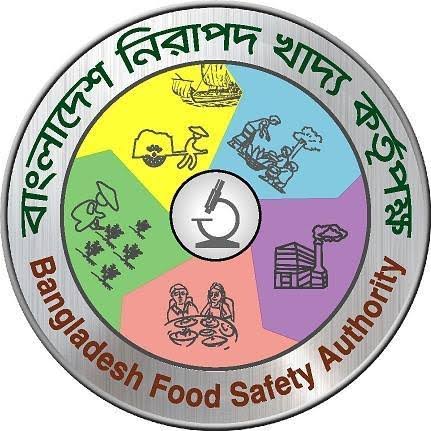Food safety authority talks tough on harmful turmeric

Bangladesh Food Safety Authority (BFSA) will be compelled to apply laws if retailers and manufacturers do not withdraw the turmeric powder that contains high levels of toxic lead from the market, said its top official.
The BFSA has already run notices in newspapers asking people not to buy artificially-coloured turmeric powder and distributed leaflets among spice merchants.
“The BFSA is thinking about running mobile courts in this regard. If the court unearths life-threatening turmeric in the market, it may award death sentence and impose big fines,” said Syeda Sarwar Jahan, chairman of the BFSA.
She was addressing a national seminar on “Food safety governance in poultry sector and consumer rights protection in Bangladesh” at the Pan Pacific Sonargaon hotel in Dhaka, jointly organised by the Consumers Association of Bangladesh (CAB), BeezBistar Foundation (BBF) and the Bangladesh Centre for Advanced Studies (BCAS).
Jahan said the BFSA offered a scope for redemption to people and traders involved in ill-practices.
Analysing soil samples and conducting interviews with farmers and spice makers, researchers have found lead levels in turmeric powder to have exceeded national limits, Jahan said.
She also said around 40 percent of the protein consumed by people in Bangladesh was derived from chicken, so people should be aware about the contamination of poultry feed and chicken. Addressing the programme, Food Minister Sadhan Chandra Majumder stressed the need for a Safe Food Rights Act to ensure food safety.
He blamed the business community being bent on maximising profits for the food adulteration, which is threatening human health.
“Even farmers in rural areas use pesticide, a drop of which can kill a person, as they have no minimum awareness about harmful chemicals,” said Majumder.
Raising awareness among the masses and food producers about the use of harmful pesticides would be the best remedy to avoid food adulteration, he said.
The minister urged teachers at schools and colleges as well as imams to spread messages against food adulteration.
Md Abul Hossain Mian, a former director general of the Directorate of the National Consumer Rights Protection (DNCRP), demanded addressing inconsistencies in the Consumers’ Right Protection Act in order to ensure food safety.
He also called for recognising consumer protection as a fundamental right in line with the United Nations declaring it as a basic right.
Ghulam Rahman, president of the CAB, said there used to be no discussion about consumer protection in the past. Now a number of laws have been formulated on the subject.
“But laws without proper implementation will not be effective in protecting consumers’ rights and ensuring food safety,” he said, suggesting strengthening of government bodies responsible for implementation of the laws.
Dwijendra Lal Mallick, a fellow of the BCAS, in his keynote paper, said monitoring and controlling the use of excessive medicines and ensuring the production and use of safe poultry feed are the major challenges facing the poultry sector.
He also saw challenges in strengthening effective public and private collaboration and strategic partnership for the sustainable development of the sector.
Moderating the seminar, A Atiq Rahman, executive director of the BCAS, said around 70 percent of people are not aware of consumer protection.
The programme was addressed, among others, by Monjur Mohammad Shahriar, deputy director of the DNCRP, MA Sobhan, president of the BFF, Gerry Fox, team leader of DFID-funded PROKAS project, and Mohamed Yusuf, governance adviser of the UK’s Department for International Development.
